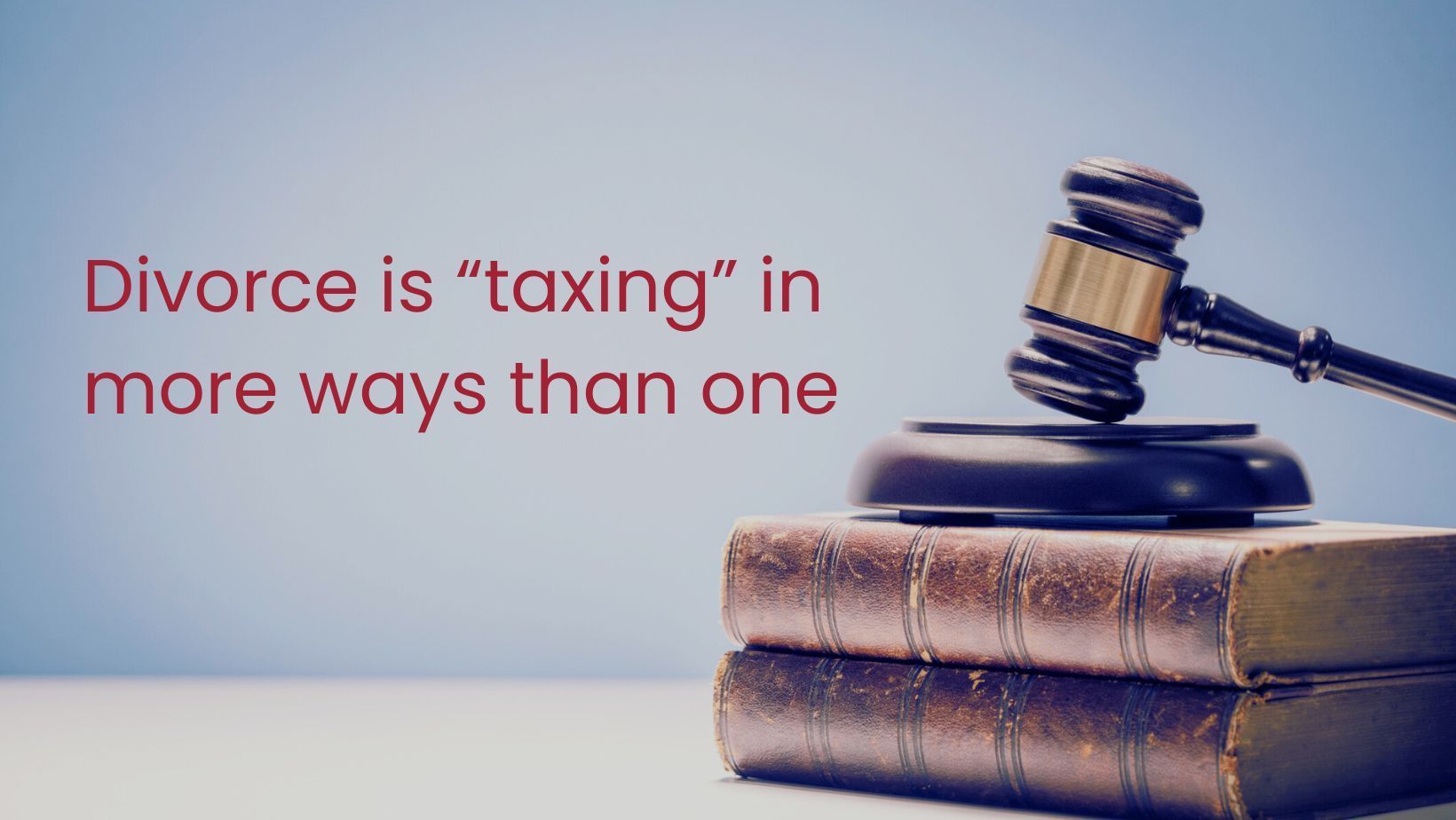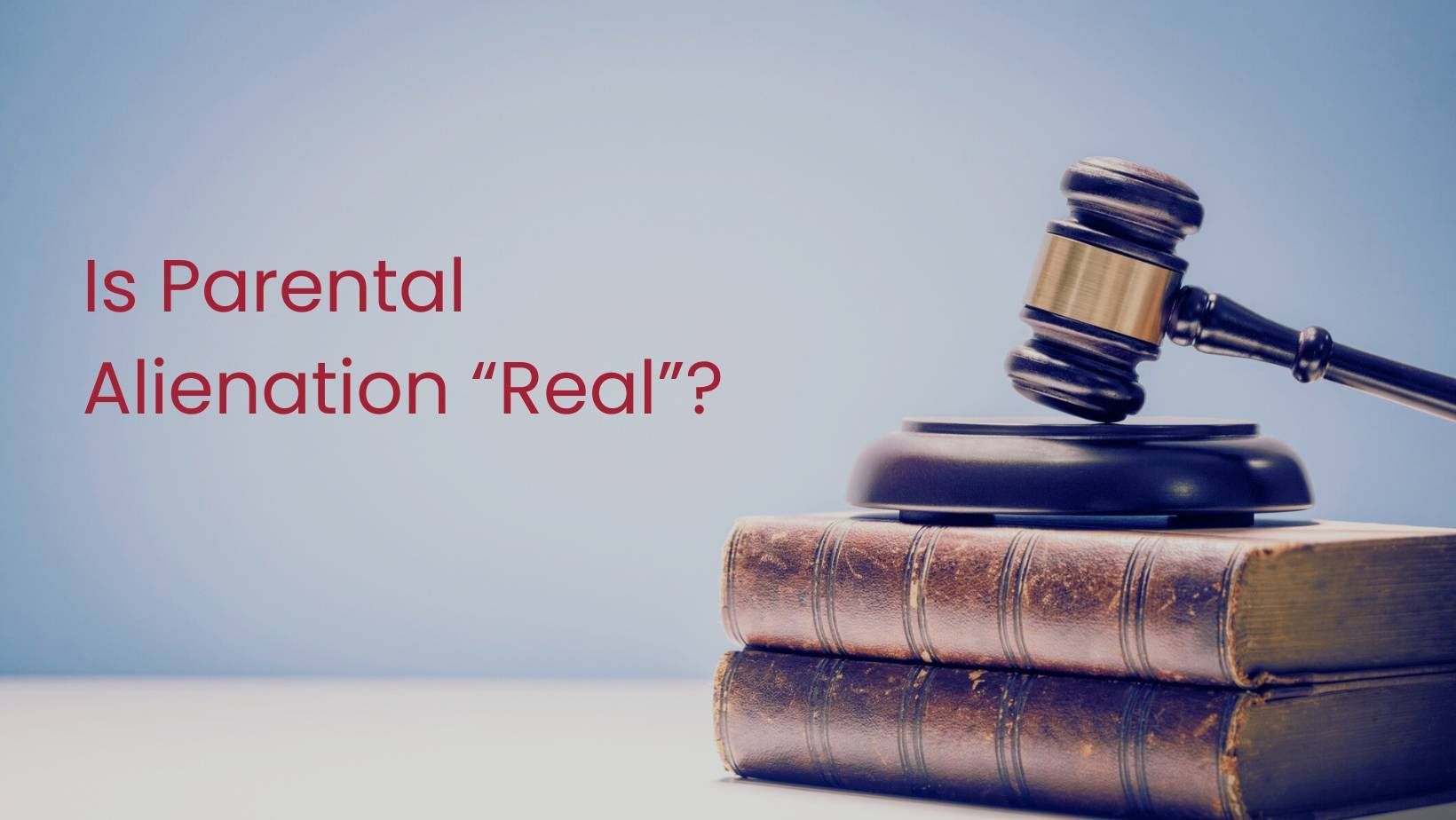Do I need A Prenuptial Agreement?
- By Daniel Gold
- •
- 08 Jul, 2024
- •

I hear this question from people who are newly engaged to be married. My answer? It depends
Do you have assets? House? Retirement? Business? Been divorced already? High net worth family? A Yes answer to these questions suggests this is a topic that needs to be addressed as soon as he/she says
“yes”.
(How romantic, huh?)
Premarital or
Prenuptial agreements, often referred to as prenups, are legal contracts signed by a couple before they get married. These agreements outline the division of assets and financial responsibilities in the event of a divorce.
It serves as the primary way parties can opt out of community property.
Sure, as I suggest,
discussing a prenup might seem unromantic.
It can, however, provide significant benefits and peace of mind for
both parties.
Key Advantages of Prenuptial Agreements
1. Clarity and Transparency
A prenup provides clear terms regarding the division of assets, debts, and financial responsibilities. This transparency helps
both parties understand their financial rights and obligations, reducing the potential for conflicts and misunderstandings in the future.
2. Protection of Individual Assets
2. Protection of Individual Assets
If one or both parties have significant assets, such as property, investments, or business interests, a prenup can ensure these assets are protected and remain with their original owner. This protection extends to any future growth or income generated by these assets.
3. Debt Protection A prenup can safeguard each party from the other's debts. This means that if one spouse
has
incurred significant debt, the other spouse is not held liable for repayment, thus protecting individual financial stability.
4. Support for Estate Planning
4. Support for Estate Planning
A prenup
should complement your estate plan
and help heirs clearly outline how assets should be distributed upon death. This can help ensure that your wishes are respected and reduce the likelihood of disputes among
your
heirs.
5. Simplifies Divorce Proceedings
5. Simplifies Divorce Proceedings
In the unfortunate event of a divorce, a prenup can simplify the legal process. By having predetermined terms for asset division and spousal support, the couple can avoid lengthy and contentious court battles, saving time, stress, and legal expenses.
6. Fairness and Security A well-drafted prenup(using counsel on both sides) ensures
that both parties enter the marriage with a fair and balanced agreement. This can provide security and peace of mind, knowing that each person's interests are protected, and any potential future disputes are minimized.
7. Encourages Open Communication
7. Encourages Open Communication
Creating a prenup agreement requires open and honest communication about financial matters. This process, if handled correctly,
can strengthen the relationship by ensuring that both parties are on the same page regarding financial goals and expectations.
So, do I NEED a Prenup…..???
- Significant Assets or Debts: If either party has considerable assets or debts, a prenup can protect individual interests.
- Previous Marriages or Children: For individuals entering a second marriage or those with children from previous relationships, a prenup can ensure that their existing family's financial interests are safeguarded.
- Business Ownership: If one or both parties own a business, a prenup can protect the business assets and future growth from being subject to division in a divorce.
- Disparity in Wealth: When there is a significant difference in wealth or income between the parties, a prenup can provide financial security and fairness.
STAY TUNED→ we will be posting something about postmarital agreements soon.
Summary
Prenups offer numerous advantages by providing clarity, protection, and security for both parties entering a marriage. They are valuable tools for managing financial expectations and ensuring a fair and equitable arrangement in the event of a divorce. For personalized advice and assistance with drafting a prenup,
ALWAYS consult seasoned family law counsel.
Call: 949-756-0684
Email: dgold@tldlaw.com
Disclaimer
This information outlines a few of the concepts that surround prenuptial agreements in the State of California. It is not intended to be, nor should it be construed as legal advice for any particular situation. Please seek advice from TLD Law or your personal attorney in your state or jurisdiction.

Divorce brings significant changes to your financial situation, and understanding the tax implications is crucial to avoid unexpected liabilities and maximize your financial health. From filing status to the division of assets, knowing how divorce impacts your taxes can help you plan effectively for your post-divorce life.

Grandparents can seek custody or visitation in California, but the process is not straightforward. Courts prioritize the child’s best interests while balancing parental rights, so proving that grandparents’ involvement is necessary requires careful legal navigation. For personalized advice and assistance with grandparents’ rights, contact me for expert guidance.

It is striking how far things have some since I was sworn in as an attorney in 1993. I remember the “dawn” of domestic partnerships in California and its evolution to becoming something akin to marriage “lite”; when many other states, and the Federal government did not choose to give legal recognition to same sex relationships.How far things have come since those early days.







